Freelancers and side hustlers who made over $5,000 via third-party payment apps in 2024 will receive tax form 1099-K. Here's why.
After two years of delays, the IRS is finally moving forward with a new tax reporting rule that will impact freelancers and side hustlers. The tax agency will require services like PayPal, Venmo or Cash App to issue tax form 1099-K to anyone who earned more than $5,000 in income via third-party payment apps.
If you make freelance or self-employment income, you should already be paying taxes on your total earnings, even if you don't receive a 1099 form. This isn't a new tax requirement; it's a tax reporting change. The IRS will be switching the reporting requirement to payment apps so it can keep tabs on transactions that often go unreported.
This new rule will only require third-party apps to report income earned -- the IRS isn't interested in the money you sent to your family or friends to pay rent or split a dinner bill.
This new tax reporting rule was first announced in 2021 to capture income over $600 that was paid through third-party payment apps. It was supposed to go live in 2022, but was delayed two years in a row. In 2023, the IRS announced that 2024 would be a transitional tax year, to give payment apps more time to prepare for the change. Instead of the $600 minimum, only individuals who made more than $5,000 in income through third-party apps would receive a 1099-K.
"Prior to 2024, the earnings threshold was $20,000 and 200 transactions to receive a 1099-K tax document," said Mark Steber, chief tax information officer for Jackson Hewitt.
If you earned $5,000 or more through third-party payment apps this year, you should receive a 1099-K to report your income when you file your tax return in 2025. Here's everything you need to know about this reporting change.
|
|
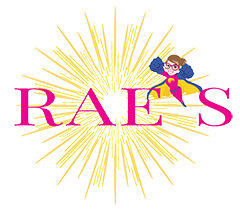


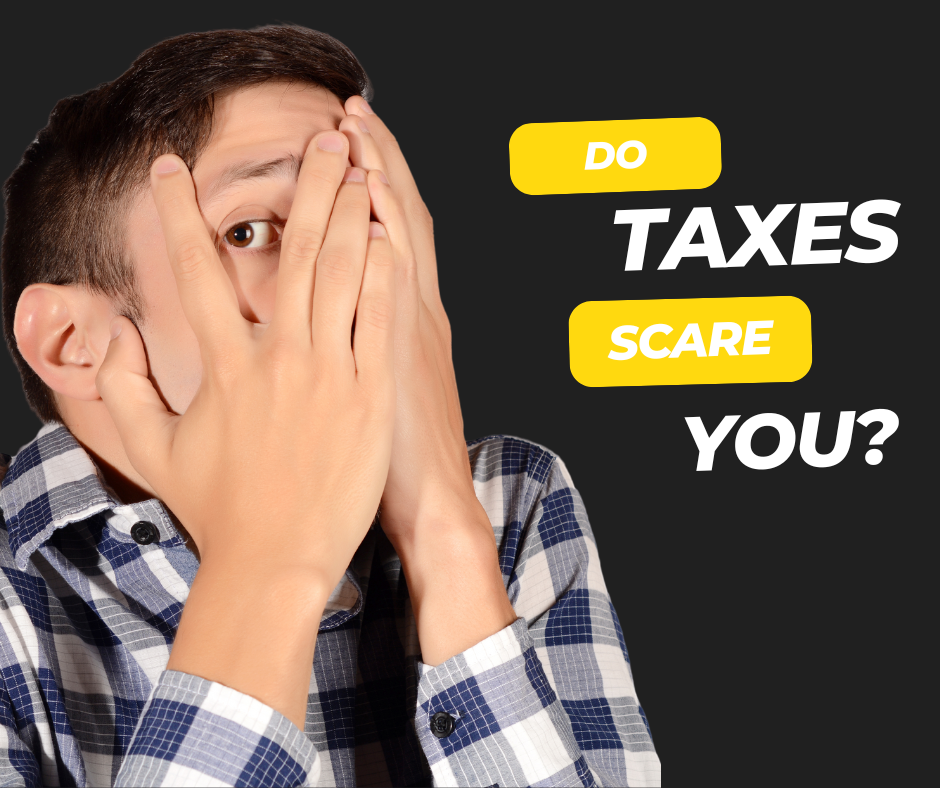

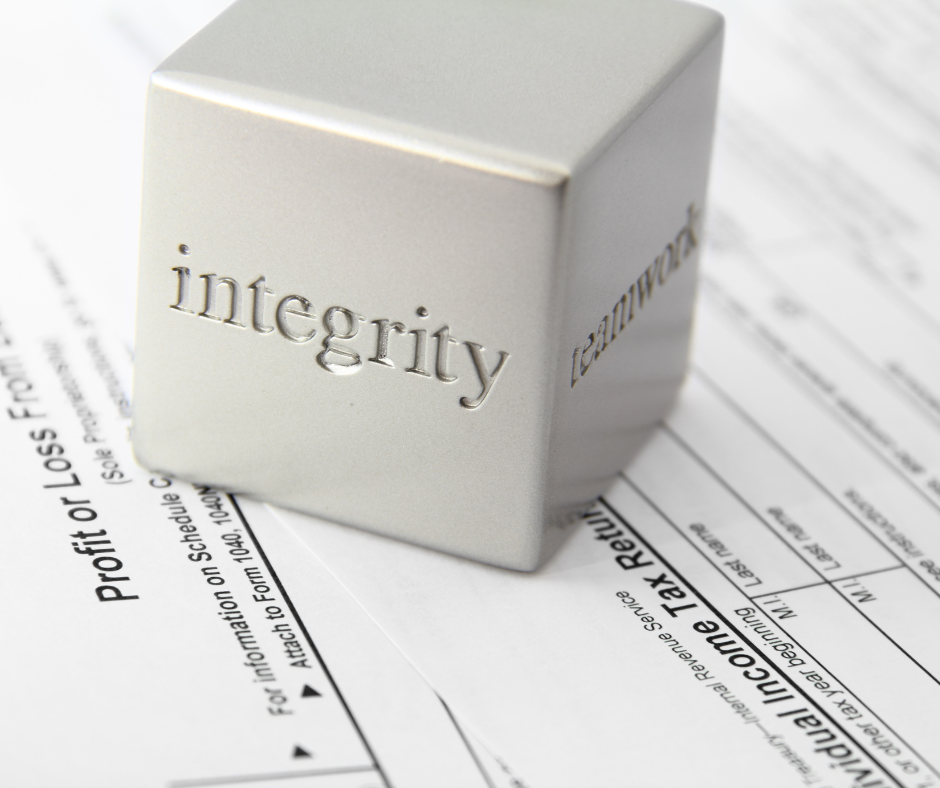
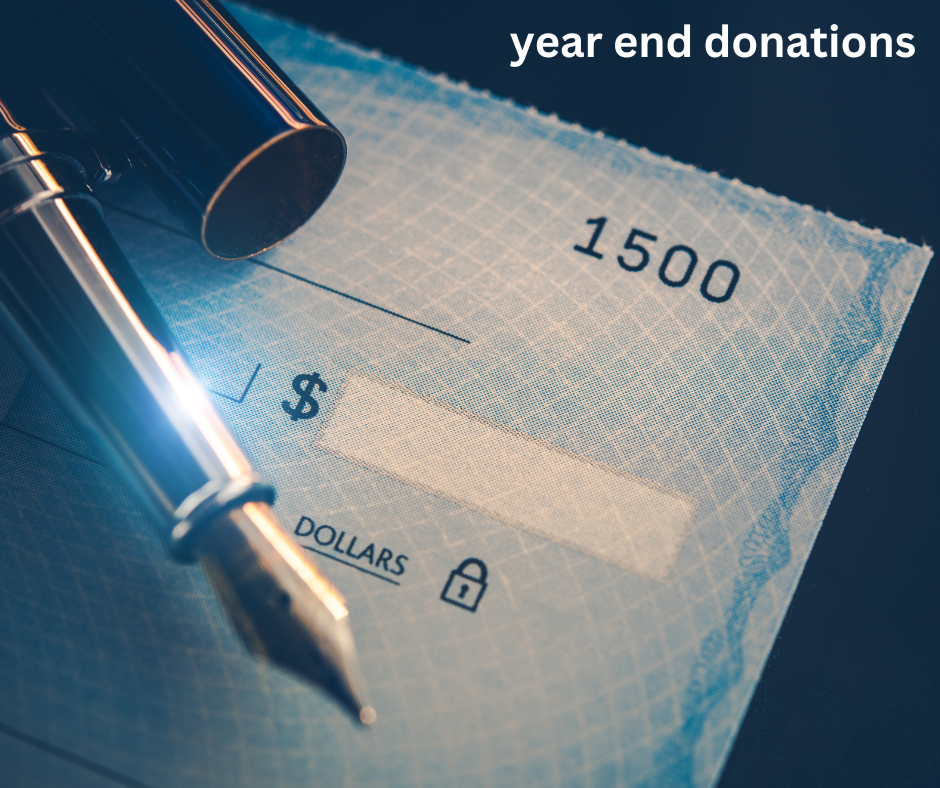

1.png)
.png)
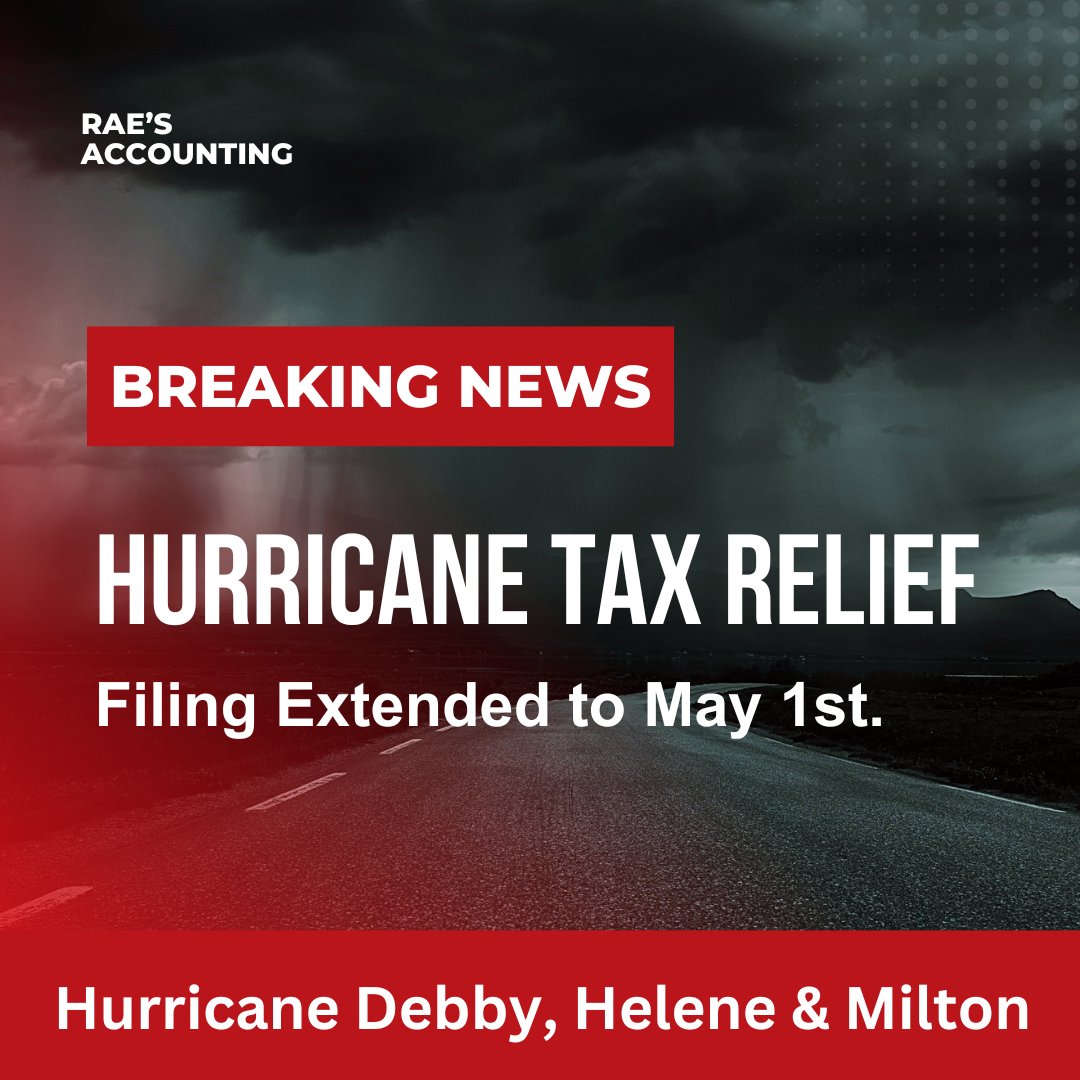

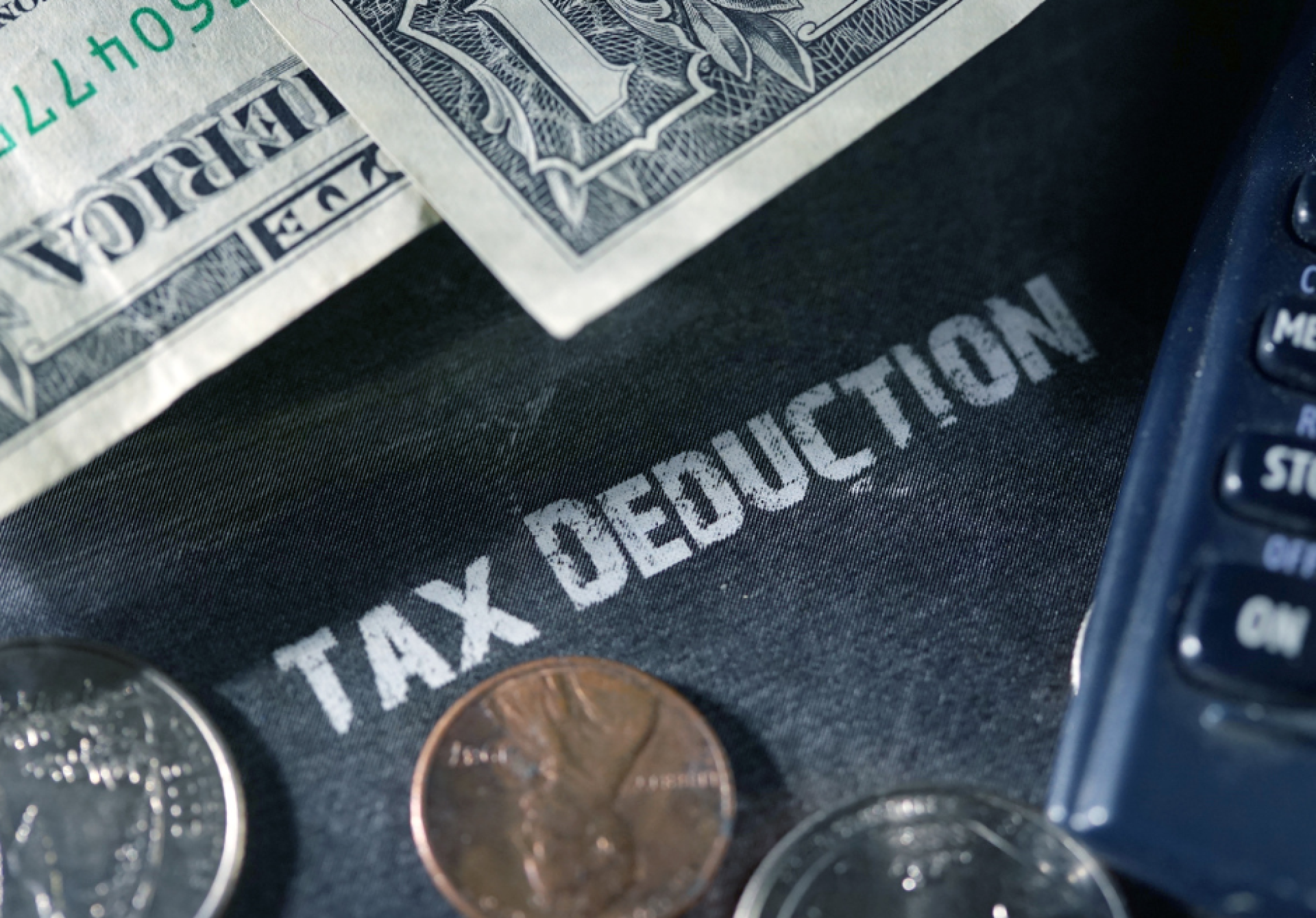
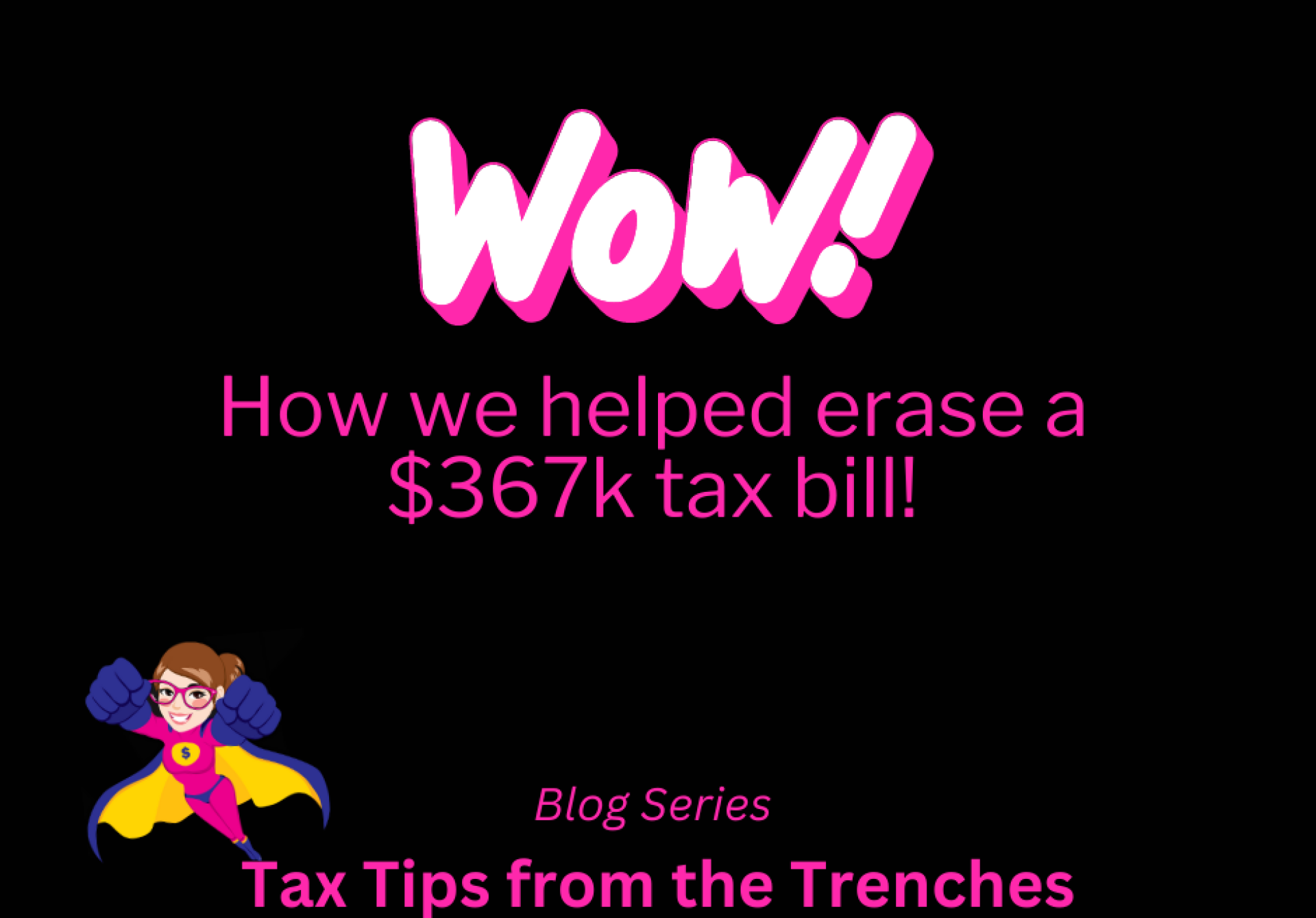
_large.png)



